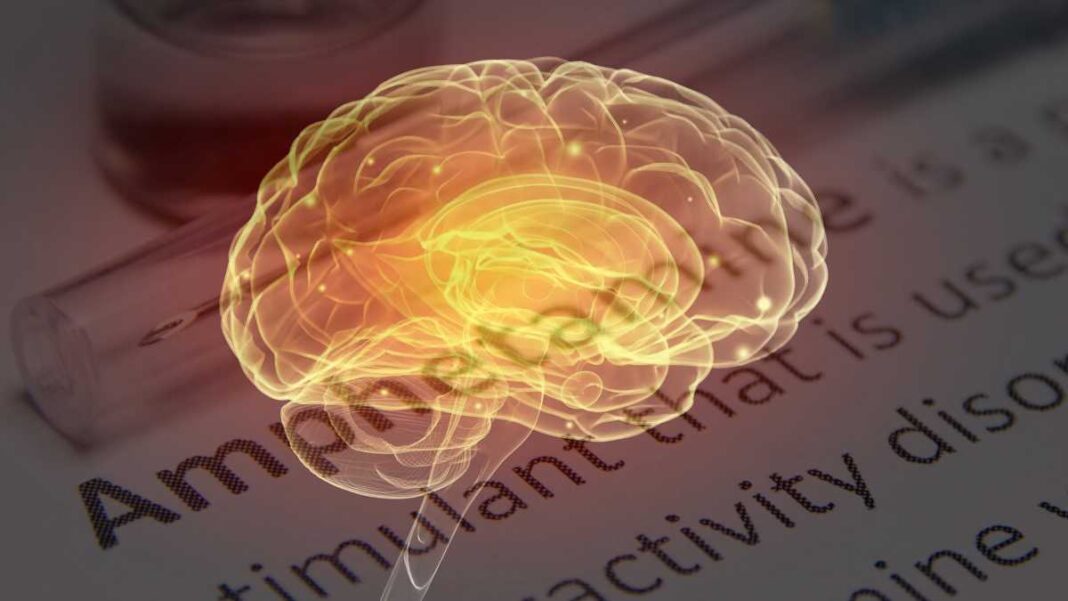Researchers call for dose considerations in ADHD treatment as study shows 81 percent of high-dose psychosis cases might be preventable.
People taking high doses of amphetamines, often prescribed for treating attention-deficit hyperactivity disorder (ADHD), may have higher risks of developing psychosis and mania, a new study found.
Researchers at McLean Hospital, the largest psychiatric affiliate of Harvard Medical School, found that people taking high doses of the stimulant amphetamine, the active ingredient in ADHD drugs such as Adderall, face a 5.3-fold higher chance of experiencing a psychotic or manic episode.
“Stimulant medications don’t have an upper dose limit on their labels,” Dr. Lauren Moran, a pharmacoepidemiology researcher at McLean Hospital and lead author of the study, said in a press release. “Our results show that it is clear that dose is a factor in psychosis risk and should be a chief consideration when prescribing stimulants.”
For this study, a high dose was defined as 30 milligrams (mg) of dextroamphetamine, equivalent to 40 mg of Adderall. The generally recommended dose for adults is 20 mg of Adderall.
People taking doses above 30 mg of dextroamphetamine equivalents face a much higher risk of mental health issues. Older adults are even more susceptible to these risks.
Dr. Alex Dimitriu, founder of Menlo Park Psychiatry & Sleep Medicine, who was not involved in the study, told The Epoch Times that in his practice, most patients only require up to 40 mg of Adderall. “As would be expected, some with more severe ADHD or other comorbid conditions such as OCD or depression may benefit from higher doses,” he said. “However, the number of patients in ranges above 40 mg is not many,” he added.
First-Onset Psychosis and Mania in Stimulant Takers
The team analyzed electronic health records from the Mass General Brigham health care system, covering patient encounters between 2005 and 2019. Published in the American Journal of Psychiatry, the study compared patients aged 16 to 35 who were hospitalized for their first episode of psychosis or mania with those hospitalized for depression or anxiety.







